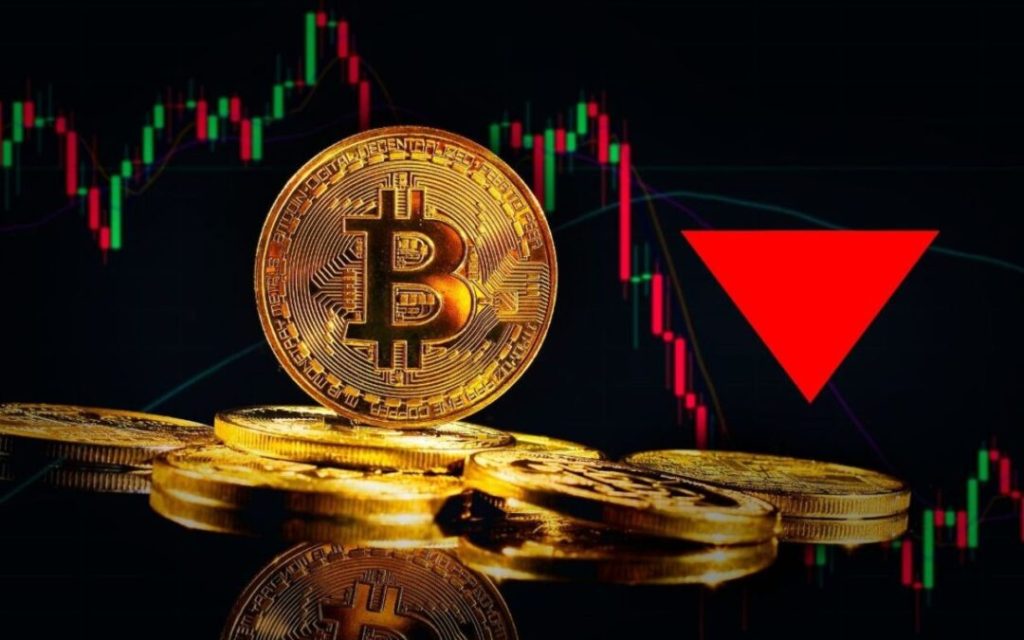Why Bitcoin Has Yet to Replace Gold as the Global Safe Haven

Despite its growing popularity and rapid adoption, Bitcoin has yet to supplant gold as the preeminent safe-haven asset. While digital currencies are often lauded for their decentralization and limited supply, their extreme volatility, regulatory uncertainty, and sensitivity to macroeconomic events undermine their reliability during periods of market stress. Gold, by contrast, retains centuries of trust, liquidity, and stability that investors turn to in times of geopolitical or financial uncertainty. As cryptocurrencies mature, Bitcoin may gain credibility as a complementary store of value, but structural limitations continue to prevent it from fully replacing traditional safe-haven assets.
Volatility Undermines Bitcoin’s Safe-Haven Appeal
A fundamental barrier preventing Bitcoin from displacing gold is its notorious price volatility. While gold typically exhibits incremental price fluctuations even during financial crises, Bitcoin can swing by double-digit percentages in a single day. Such unpredictability erodes investor confidence during periods of market stress, making it a risky alternative for those seeking capital preservation.
Even though the cryptocurrency has demonstrated periods of rapid appreciation, its susceptibility to speculative trading and large-scale liquidations diminishes its credibility as a stable hedge against economic uncertainty. Analysts caution that until volatility moderates, Bitcoin cannot serve the same role that gold has historically played.
Regulatory and Institutional Hurdles
Bitcoin faces ongoing regulatory scrutiny across major economies, which affects its adoption as a safe-haven asset. Governments and central banks are grappling with taxation, anti-money laundering compliance, and the broader implications of decentralized finance. Any perceived threat of regulatory clampdowns can trigger sharp price declines, further undermining confidence.
Institutional investors, who historically have driven safe-haven demand, remain cautious in their allocation to digital assets. While interest is growing, regulatory ambiguity and custody challenges prevent Bitcoin from being a fully reliable store of value in the same way gold has been trusted for centuries.
Sensitivity to Macroeconomic Events
Unlike gold, which often rises in value during geopolitical uncertainty or inflationary pressure, Bitcoin has shown mixed performance in response to global economic shocks. Trade disputes, interest rate changes, and market liquidity crises can precipitate large-scale sell-offs in cryptocurrencies, as risk-averse investors liquidate holdings for cash or more stable assets.
The recent declines in Bitcoin during periods of heightened geopolitical tension underscore its evolving correlation with broader financial markets. This correlation indicates that, while attractive for speculative growth, Bitcoin remains too reactive to external shocks to fully substitute gold as a safe-haven asset.
Infrastructure and Liquidity Limitations
Gold benefits from deep, liquid markets with centuries of established trading infrastructure. Investors can access gold through ETFs, physical bullion, futures contracts, and other instruments. Bitcoin, despite growing adoption, still faces liquidity limitations in certain markets, with exchange outages, transaction bottlenecks, and custody concerns creating potential barriers during periods of stress.
These infrastructure constraints further diminish Bitcoin’s ability to function as a globally recognized store of value, particularly in volatile economic environments where immediate liquidity is critical.
The Complementary Role of Bitcoin
Although Bitcoin has yet to replace gold, it is carving a niche as a complementary asset class. Its potential for outsized returns, programmability, and digital-native characteristics make it appealing to tech-savvy investors seeking portfolio diversification.
As the cryptocurrency ecosystem matures—with enhanced regulation, broader institutional participation, and more sophisticated custody solutions—Bitcoin may gain a more credible role as a partial hedge. However, gold’s enduring stability and historical trust mean that it will likely remain the primary safe-haven asset for decades to come.




